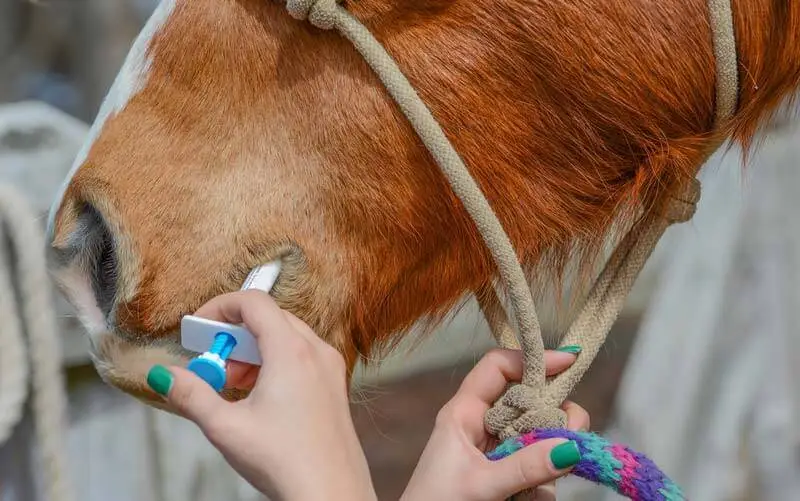5 Ways to Reduce Stress for Your Horse
Just like us, horses are individuals. Some are highly strung, while others have a calmer disposition. However, reducing unnecessary stress is imperative to your horse’s health and wellbeing. In this article, we share five ways you can reduce stress for your horse.
Domestic horses live very differently to their wild ancestors. In nature, horses live in herds, with approximately 70% of the day spent grazing and moving across varied terrain. In contrast, the way horses live today – in paddocks and stables – can lead to stress.
Over long periods, stress can lend itself to health and performance issues, so it’s critical that we, as horse owners, find ways to reduce stress wherever we can for the benefit of our horses.
- Learn your horse’s normal vital signs and behaviours
As a horse owner, it’s up to you to notice changes in your horse. You should be familiar with their normal vital signs, particularly heart rate, as that’s a common indicator of stress. Likewise, behavioural changes shouldn’t just be dismissed as naughty or stubborn.
- Create and keep to a daily routine
Horses respond well to routine and any drastic change in routine can be a cause for distress. To minimise stress and the potential for stereotypic behaviours, you should aim to feed your horse at the same times each day.
- Assess your horse’s diet and body condition
Many horses kept in light to moderate work can thrive on forage-only diets, comprised of hay and pasture. Adding unnecessary calories to your horse’s diet in the form of commercial feeds, especially those high in starch, can create problems.
- Ensure tack and equipment fit properly
Any equipment used on your horse should be selected for correct fit and well maintained. Bridles, bits, saddles, rugs, boots and shoes can all cause long-term damage. You should regularly check for signs of incorrect fit and use the services of qualified professionals.
- Prioritise the three F’s in your horse’s management
Above all, horses require friends, forage and freedom. If your horse is allowed time to socialise with paddock mates, with unlimited access to quality forage and space to move freely, their health and wellbeing will benefit.




